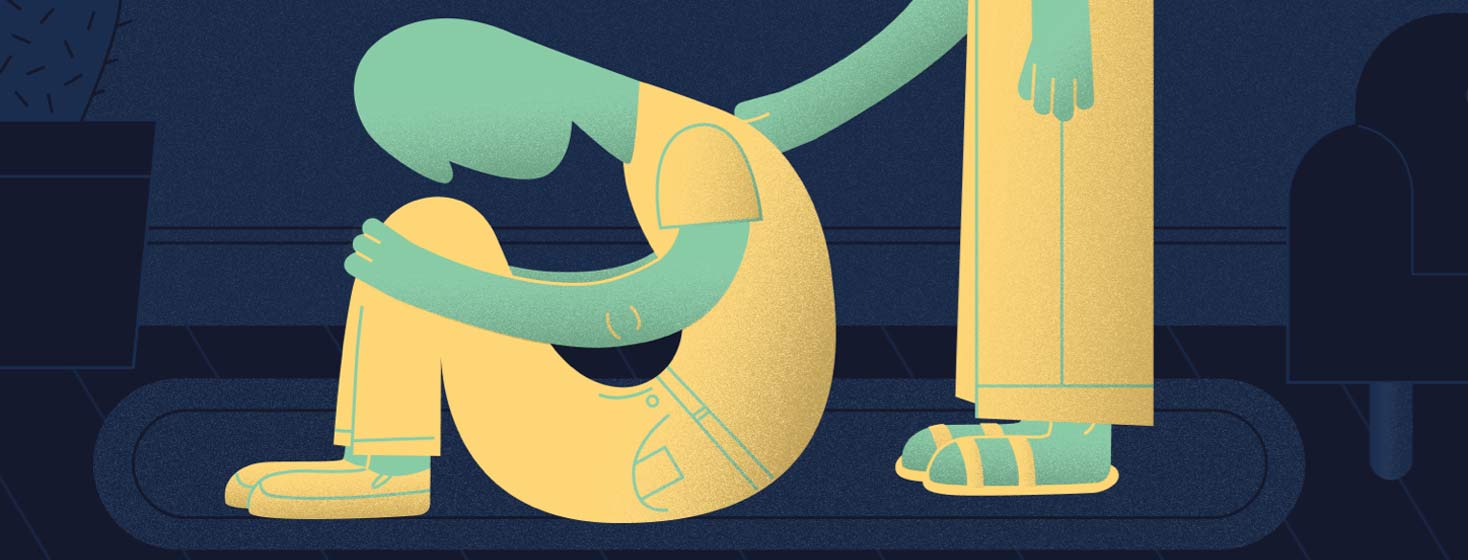Grief, Anger, and Coping With Loss
It was my 6-month cancer call with the oncologist recently. Thankfully my bullet-dodging skills seem to be in good shape. Two years after completing 36 months of hormone therapy and nearly 4 years since my last ride in the radiotherapy donut, my PSA stands at 0.41.
Back in February it measured 0.23, so although it has nearly doubled, the figures are still small. With testosterone back in my system, and a welcome drop in side effects, this was to be expected.
So far so good, but if my PSA were to hit 2 then all kinds of alarm bells will start to sound. Obviously, things don’t always go right, which got me thinking about grief and loss and how we deal with those two tormentors.
What grief looks like
I’m guessing many people reading this will have heard the phrase or perhaps even used it themselves. It usually comes in the form of a question: "Is there anything I can do to help you get through this?"
Perhaps I need to back up a little. Some explanation is required. In Hollywood when a character is hit with a life-wrenching event such as the death of a friend or child, a certain amount of destruction seems to be required. Televisions will be smashed on to coffee tables and crockery swept to the floor. Good visual shorthand for grief and anger.
Perhaps it’s my staid middle-class upbringing, but in times of grief our glassware has little to fear as all the action takes place off stage in my head. The hurt and anger is internalized, which is not much use to a film director.
Trying to deal with it
But when grief is involved, there will be relatives, neighbors, friends, and others who want to help. But how can they come to your aid in a meaningful way? What can they do to help you navigate the lonesome highway of hurt?
When I was in such circumstances I remember thinking, if you could buy a time-machine and transport me back a couple of weeks and make all this go away, that would be dandy. And while you’re at it, could you somehow magically destroy all pop music? Particularly that ballad where the singer has a catch in her voice and it starts: “It's been 7 hours and 15 days, since you took your love away,” which then builds to the chorus with that little catch in her voice: “Nothing compares, Nothing compares to you.” Turning you (well me actually) inside out; a quivering vision of tears and snot. Yes, we don’t need that kind of music, thank you very much.
Back then, I took up running and hard exercise to try to hush the circular questions that went round and round in my brain. Why couldn’t I have done more? Why didn’t I make that call? When will all this just stop? I was looking for the morphine of exhaustion.
Grief can show in different ways
But sometimes it’s nothing like that at all. When I was 19 during my first semester at college, my mother died entirely unexpectedly. She was sawing logs out in the yard when a massive coronary took her away. I was given the news by some college professor and fell sobbing into his arms, which he evidently found difficult to deal with. I’m not sure we were very good at death in the 70s.
And thereafter I would go to bed at night and sleep soundly unperturbed by grief and loss. And I would wake in the morning and think, how can this be? My mother has just died, and yet I seem so untroubled. I felt shocked by my seeming lack of feeling.
Eighteen months later when my father died – yes it was a tricky childhood – my response was far more complicated. A great deal of unfinished business was involved. As a young man I was still battling with my dad, and in the aftermath of his death there was no peaceful, easy sleeping. All these years later I’m still strangely troubled by my father’s death, whereas with my mother I loved her entirely and she loved me and while her departure was a terrible wrench, I was able to say goodbye without thoughts of recrimination or despair.
How we can help each other
But how can you help a grieving friend or relative? What can you say or do? My suggestion is don’t do anything, but don’t do nothing. Knock on their door; flowers aren’t necessary, but you might be. And when it’s done, the funeral is over, and the crying has stopped, don’t disappear, don’t leave people alone with their sorrow.
Grief can hit us at different times. Many years ago, I remember walking through an airport, idly looking for my gate number on my way to give a talk somewhere when suddenly out of nowhere I seemed to slam into an invisible wall. I was brought up short as the loneliness, anger, and grief piled on unexpectedly. Gripping my hand luggage, pulling myself together, I made my way to departures, boarded my flight, and flew away.
You never know when it’s going to hit.

Join the conversation